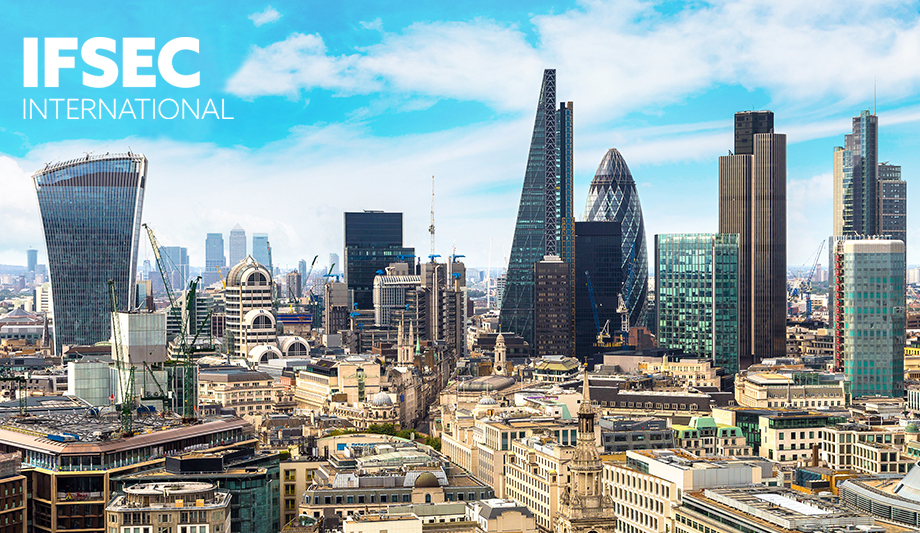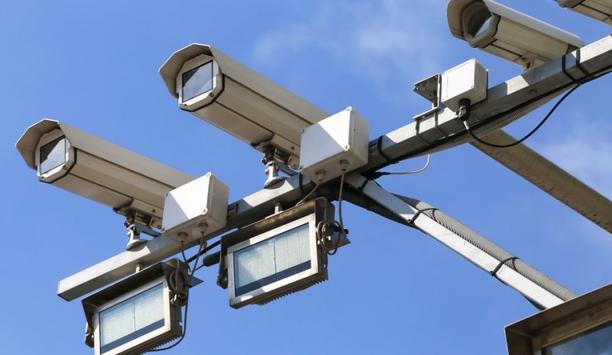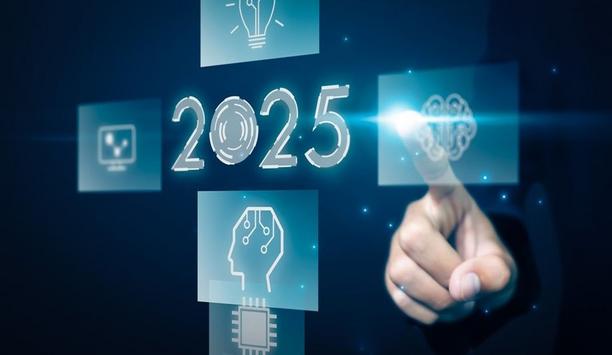Attendees strolling the exhibit hall at IFSEC International, 18-20 June, 2019, at ExCel London, will be hearing a lot about artificial intelligence, convergence and GDPR.
These industry hot topics are representative of major trends in the industry, from new technologies to new ways of designing systems to new privacy requirements. The education sessions at IFSEC International will also address these timely subjects – and provide a welcome chance to sit down and consider the ‘bigger picture.’ Here are some sessions to consider:
Artificial Intelligence
The session will examine the ‘connectionism’ aspect of AI with reference to machine learning and neural networks
A session on artificial intelligence asks: ‘Will AI change the face of the Electronic Security Industry?’ The session will examine the ‘connectionism’ aspect of AI with reference to machine learning and neural networks. Connectionism, or neuronlike computing, developed out of our understanding of how the human brain works at the neural level. Each neuron in the brain is akin to a simple digital processor, and the brain as a whole is like a computing machine.
Has the time come for artificial intelligence and machine learning for security? That’s the focus of another session that will explore where AI is headed and if it can help move security practice from prevention to real-time threat detection. Is AI a technology looking for a problem to solve? Is it mature enough for mainstream usage in security scenarios? Does AI present a ‘double-edged risk’ (i.e., because enterprises and attackers have access to the same tools)?
Convergence
A combined security approach – unifying physical security and cybersecurity – is a real and immediate need in today’s high-risk and high-threat environment. By leveraging disparate sources of data, organisations can effectively manage a situation in real-time without having to go to multiple individual subsystems to get the job done. A panel session at IFSEC will discuss the concept, reality, and evolution of both physical and cybersecurity teams collaborating in the same Security Operations Centre.
Here are some other sessions related to convergence of physical and cybersecurity:
- How converged security centres respond in real-time to physical and online threats
- How converged technologies ease prevention and response to unauthorised physical/logical access to corporate facilities and networks
- How chief security officers can benefit from data analytics and converged platforms to understand the complex physical and cyber risks posed to transport systems.
GDPR
Whilst the regulations provide a more comprehensive basis in law for the management of personal data
The introduction in 2018 of the EU General Data Protection Regulations (GDPR) and Data Protection Act 2018 have elevated compliance requirements for video surveillance systems. That’s the subject of the session ‘GDPR – Video Surveillance: Balancing Privacy and Security.’
Whilst the regulations provide a more comprehensive basis in law for the management of personal data, they are part of a wider legal consideration for security technologies. Transparency, accountability and impacts on privacy must be actively integrated into security systems from the outset to retain the trust of those they affect.
The work of the Information Commissioner (ICO) and the Surveillance Camera Commissioner (SCC) with their respective Codes of Practice provide a bedrock for effective governance. The 2018 Biometrics Strategy for the Home Office and their partners addresses the need for clear and transparent arrangements to ensure risks to privacy are weigh alongside the benefits. The session will examine these complexities and look at what owners and operators of security systems must consider when striving to balance privacy and security.









































